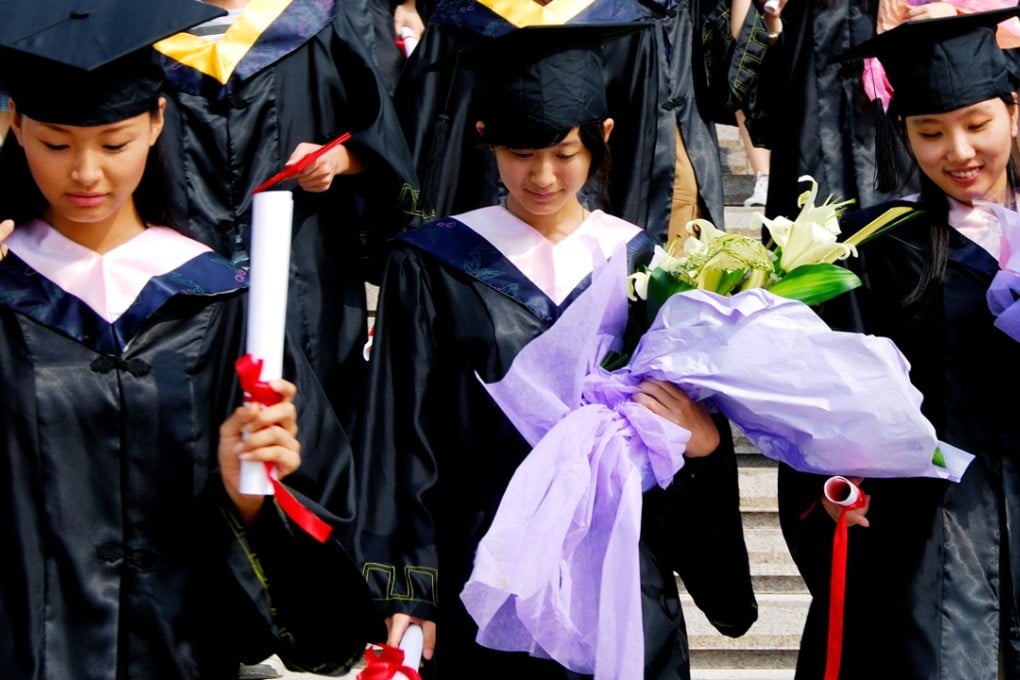Review | Why educated, professional women in China aren’t marrying – new book explores the ‘leftover women’ phenomenon
Notwithstanding criticism author Roseann Lake has faced for her book’s failure to acknowledge a China scholar’s earlier work on the subject, Leftover in China is highly readable – and full of candid quotes from women unable to find mates

Leftover in China: The Women Shaping the World’s Next Superpower
by Roseann Lake
W.W. Norton & Co
3.5 stars
One of the most striking effects of globalisation is that an educated, professional woman in Shanghai or Beijing has more in common with similar women in New York or London than she does with a female Chinese factory worker in a town an hour’s train ride away.
And as educated professionals in the West have done for decades, these days young, upwardly mobile Chinese women are increasingly putting off marriage to focus on their careers.